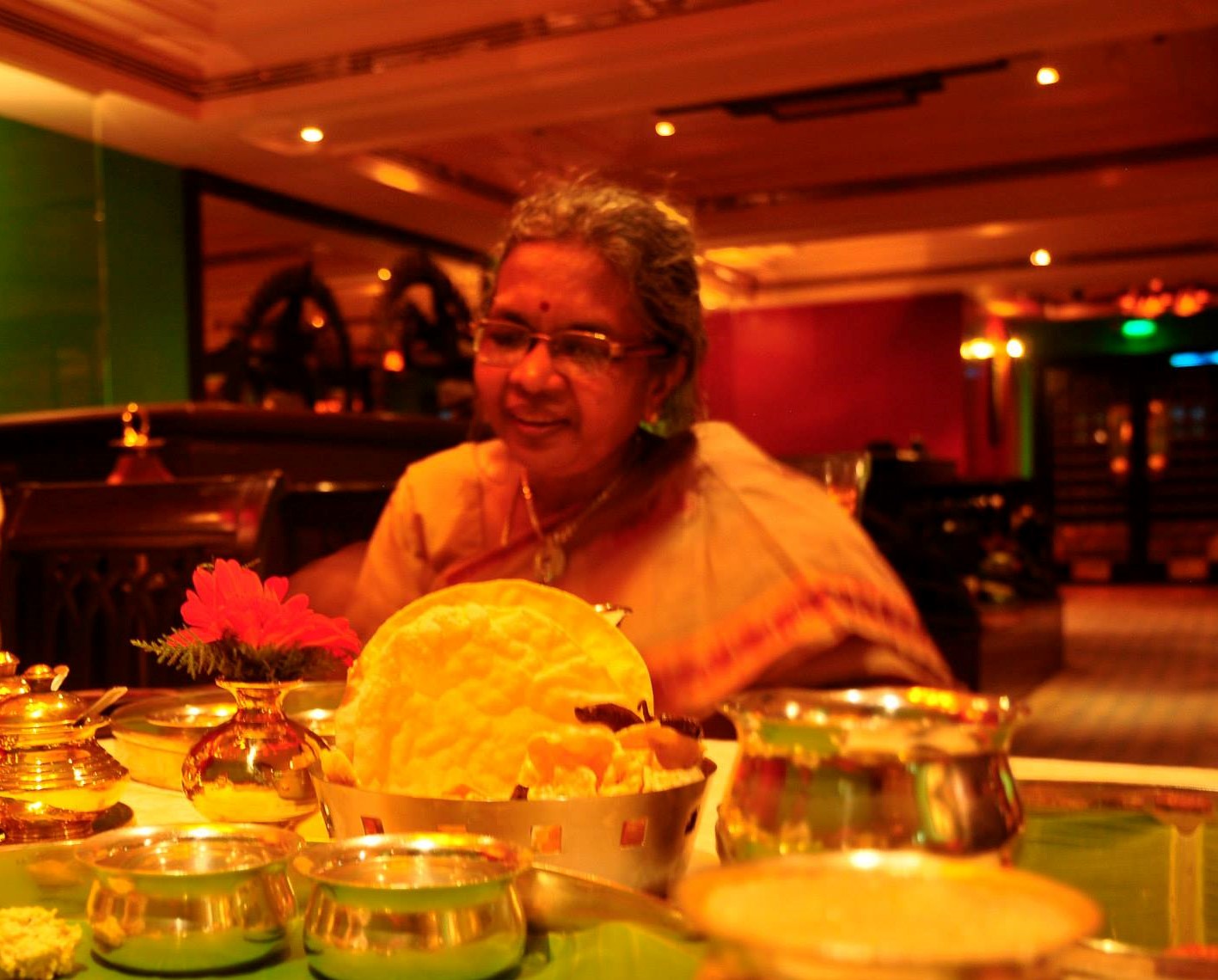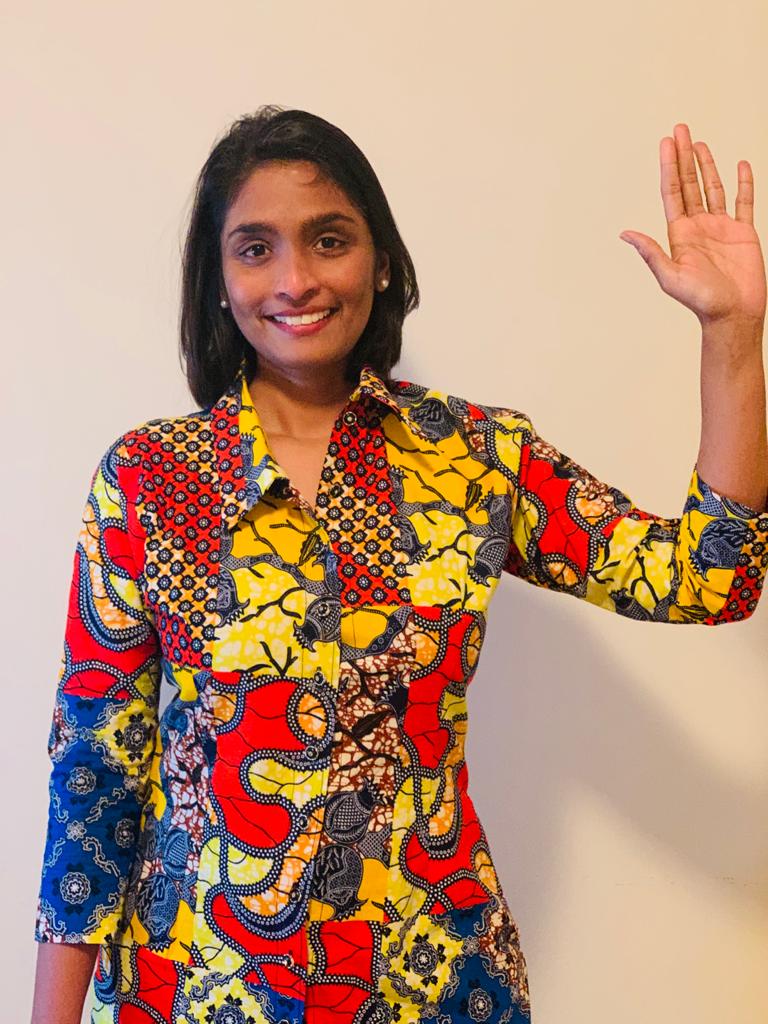A tube of red lipstick
Let's start with my mother.
My mother didn't live long - she died when she was thirty-two - but she was remarkable when she was alive. She had liquid brown eyes that were shaped like large almonds. My father had fallen in love with her before he married her, something that was unusual in Indian marriages of their time. My mother never went to college: that was never an option for her. After she finished high school, keeping with her times, her family decided to stop her education.
Women didn't used to get educated beyond high school in my mother's era. It was a rare woman that had a college degree, and a rarer one with a career. People thought that educating a woman meant trouble. She could become too dominant in the family, could develop strong opinions. A good bride was a quiet, malleable, and a timid one. My mother was capable, there was no doubt about it. But she didn't have the choice to be educated beyond twelfth grade. The norms just would not have it.
After she married my dad, and my brother was on his way into the world, she realized that she would have to work. My father had an entry-level job at a national bank, and soon - they figured - the family income would not be enough. So, she found herself a job on a factory floor, boxing automobile parts. But that was not a career; it was a way to bring some extra cash into the household. When my father got a better-paying job, my mother simply quit. After a few years, I was born, and my mother never got paid for her work again.
Two of my mother's sisters didn't go to college or work in the corporate world. My mother's mother didn't go to high school. Amidst these many women in my family who had great potential but indelible societal boundaries limiting them, there was my aunt Sundari. Aunt Sundari was the only woman I knew, as I was growing up, that had a job even though she didn't have to. Not just a job, a career that she enjoyed. She lived in Delhi with her husband and their son. Every time, she visited us in Chennai, we would have memorably long conversations. A lot of these conversations were mundane, but many yielded wisdom that I cherish to this day.

One day, as Aunt Sundari and I were leaning over the parapet of our open terrace, letting the salty air from the Bay of Bengal cool us, we talked about her job. I was a teenager and had started thinking a lot about my future. I wanted to know all about working, especially as a woman. I had heard stories about my aunt's miserable commute in Delhi. She had to travel in a public bus, with men and women packed like the pulp of a grapefruit. She almost never found a seat and had to stand for the entire length of her journey. "Is it tough?" I asked her. Didn't she feel tired at the end of the day, coming home and still having to cook dinner for her family? Was it frightening to work with so many men around her?
Peppered with questions, Aunt Sundari looked at me for a long minute and nodded.
"Yes, it is tough," she said.
"Then why do you work?"
"Because Raji," she said, with a serious look on her face, "when you want to buy something as simple as a tube of lipstick, you should not have to stand in front of your husband for permission or money."
It took a bit of time for me to register what she had just said. But then I felt a little candleflame ignite inside my head. Aunt Sundari worked because her work gave her freedom. It asserted her standing within her family. It allowed her to buy things for herself, without the need for anyone else's approval. It made her feel empowered. It may have been the precise moment that I became determined to find a profession and pursue a career. If I ever wanted to buy a tube of red lipstick, frivolous as it might be, I wanted the wherewithal to buy it. Not just a candleflame, but a fire was lit inside me.
When you want to buy something as simple as a tube of lipstick, you should not have to stand in front of your husband for permission or money.

In my view, everyone should make their own choice on how they want to live their lives. Raising a good family is important and unpaid work. But an individual should have the freedom to make that choice, intentionally and after considering the long term consequences. Every time I see a woman choose to lean out either because the corporate norms do not work for her or because there is no equal partnership at home or because she has simply not thought it through, it pains me.
Work - a career - is more than just a way to make a living. Work can make you confident in yourself. It can open up new horizons, new experiences, new worldviews that might have been previously inaccessible. Work can give you purpose. It can help you develop new meaningful social connections. It can fill you with joy as you contribute to the success of others and feel proud of your own accomplishments. On top of all of that, work gives you economic power and financial independence. These are important elements as we seek equality for women.
Today is celebrated as the International Women's Day. When I reflect on the generations of women before us, I realize how far we have come in our quest for equality. Women in the past were barred from higher education or not allowed in the workplace. Over time, through many struggles, we won the right to work and earn our financial freedom. With every generation that passed, we became more educated, more powerful at the workplace. We still have a ways to go toward equality at home and at work. The pandemic has threatened to undo some of the gains we got in the workplace. Therefore it is important now - more than ever - that we should commit to continue to push for equality: through allyship, inclusive leadership, mentorship, and advocacy for equal rights at home and work.
Happy International Women's Day, everyone!